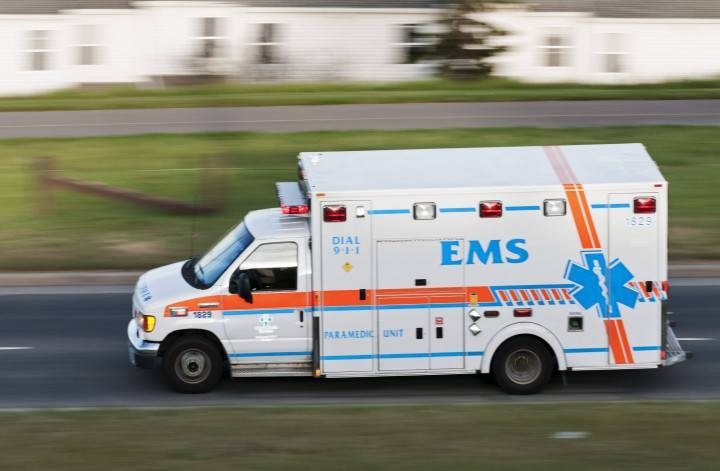The provincial government’s decision to direct money into mental health and addictions programming for EMS personnel is positive, but more can be done, says a Moose Jaw paramedic.
The Saskatchewan Healthy Authority announced on May 8 that it will use $250,000 to create a program that provides ongoing mental health support for public and private emergency medical services (EMS) providers throughout the province. It will also provide training for two critical incident support teams and nine peer support teams that support all providers across Saskatchewan.
“It was a really great announcement,” said Kyle Sereda, chief of Moose Jaw EMS. “It’s good to see that the government is listening to front line paramedics … to put some attention and resources for supporting the mental health and wellness of front line paramedics.
“This is a great start, but by no means does it solve all the challenges that are out there.”
The stigma of mental illness is one of the challenges that has been present for the last few years, Sereda said. This has included people affected by mental illness who don’t know how to reach out to use the resources available. Yet, the more people talk about this issue, the more comfortable they become to come forward.
“To see that paramedics and police and fire professionals are all agreeing that, ‘We do need to talk about this,’ (is important). And a healthy paramedic will do an even better job for patients that they encounter … ,” he added. “A healthy paramedic is a good paramedic.”
Sereda always tells the paramedics with whom he works to take care of themselves first. He reminds them that they should know there are resources they can access. If they are healthy, the patients will realize they are receiving top-notch service.
Some of those resources can include programming, peer-to-peer support, or psychologists dedicated to first responders. Sereda noted these areas can complement supports that are already available, such as national research conducted into Post Traumatic Stress Injuries and Disorders.
“To see that provincial governments are also focusing attention and putting some resources behind it is wonderful to see,” he said.
There also need to be resources for families, added Sereda. Sometimes front line paramedics and first responders can bring home their work, which affects the rest of their family.
According to a government news release, Saskatchewan’s 10-year mental health and addictions action plan guides and sets priorities for mental health and addictions investments in Saskatchewan. In the 2019-20 provincial budget, Ministry of Health funding for mental health and addictions increased by nearly $30 million to a record total of $402 million.




